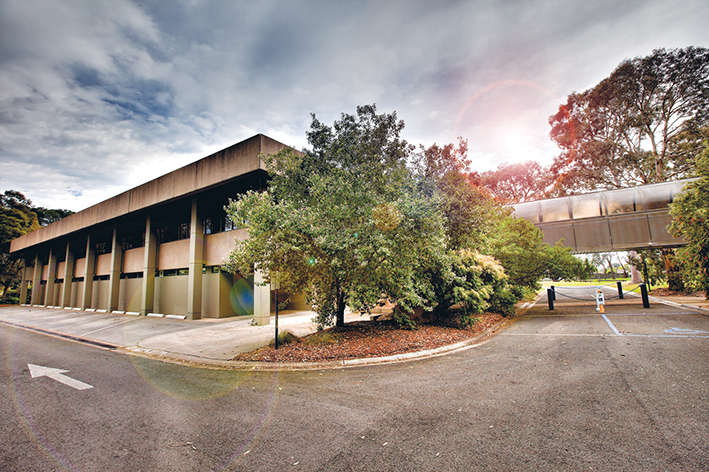THE rent paid by the Hastings Club for premises in Marine Parade is about to be increased tenfold.
The club has been paying $4000 a year since 1996, but Mornington Peninsula Shire last week decided to bring the rent more into line with market values and how much income the club raises through gaming machines.
After a long and sometimes bitter debate councillors agreed to raise the rent to $42,234 for the first year of a new 21-year lease.
The club will then face $5000 a year increases for two years with reviews every five years.
The shire manages the Hastings Park reserve which is on Crown land and can grant leases of up to 21 years.
The club, which raises money for cricket and football clubs, has been there since the 1970s and now runs gaming machines as well as providing meals, operating a bar and function rooms.
In its 2015/16 annual report the club says it is “committed to capitalising on areas of growth by exploring different streams of revenue and by diversification of its activities while ensuring that it remains true to its original purpose”.
The club’s treasurer John Kercheval reported increases in total revenue of $211,000 (7.75 per cent), and gaming income by $230,766 (11.6 per cent) which gave a net profit of $199,814, up $44,892 (28.98 per cent) from the previous year.
The Hastings Club’s lease expired last December and its entitlement to run 50 gaming machines runs out on 16 August 2022.
In her report to council’s Monday 27 March meeting property and strategy manager Yasmin Woods said the club had been paying $4000 a year in rent since 1996, although the original lease had stated that amount should be reviewed every three years.
If the reviews had been held, the current rent would have been $30,250.
“The club disputed the rent increases; one reason being that it considered its requirements to meet community service obligations under its gaming venue operator’s licence should be taken into account … and it was agreed to leave the rent at $4000,” Ms Woods’ report stated. “According to its 2015/2016 annual report, the club’s net profit for the year was approximately $199,000 with the gaming room operating surplus in excess of $930,000. Records indicate the club provided a direct contribution of approximately $130,000 to affiliated sporting clubs in that year.”
Actual gaming revenue increased to $2.22 million in 2016 from $1.99m in 2015. Accountants hired by the shire to review the club’s financial statements said before tax profit increased by $44,896 in the same period.
Ms Woods stated that clubs with gaming machines were obligated under gaming regulations to contribute at least 8.33 per cent of gaming revenues to approved community purposes or activities.
The club’s rent could be included in its community benefits spending.
“The council should not be expected to offer a rental subsidy because the club has an obligation to expend gaming revenue of community services or activities,” she stated.
Ms Woods said the club”appears to be viable” and there was merit in granting a new 21-year lease when the club’s gaming licence expired in August 2022.
The Valuer-General Victoria – after being asked for an opinion by the shire – had recommended charging $60,000 a year rent, but Ms Woods suggested giving the club a 50 per cent discount and making the amount $30,000 plus one per cent of gaming room receipts ($22,234) for a total rent of $52,234. The ground rent (based on site valuation) would be reviewed at five yearly intervals.
However, a motion moved by Cr Kate Roper and adopted by council set the rent at $42,234, which includes $20,000 for land and buildings plus one per cent of gaming receipts. The rent will increase by $5000 for each of the two following years.
Cr David Gill failed to have the club’s rent set at $12,000 with $8000 annual increases until it reached $52,000 when his amendment was not accepted by the mayor, Cr Bev Colomb.
After the meeting, Cr Gill said while he did not like seeing gaming revenue “come out of the Hastings community” he thought raising the rent immediately was “too much too soon”.
“A lot of the money, which is being used by the cricket and football clubs, would otherwise go to the hotels.”




